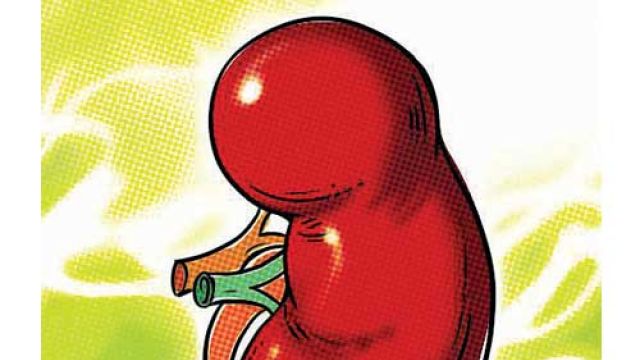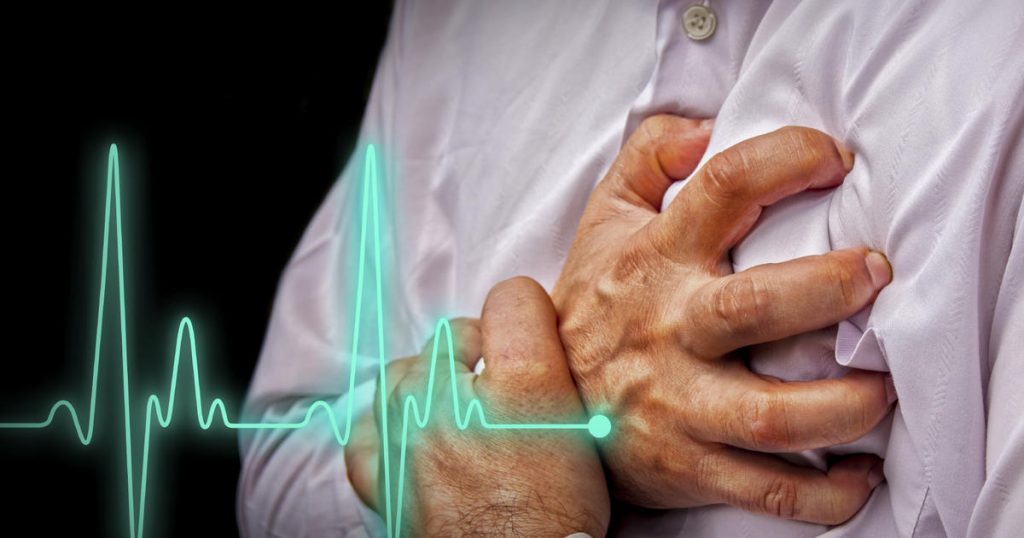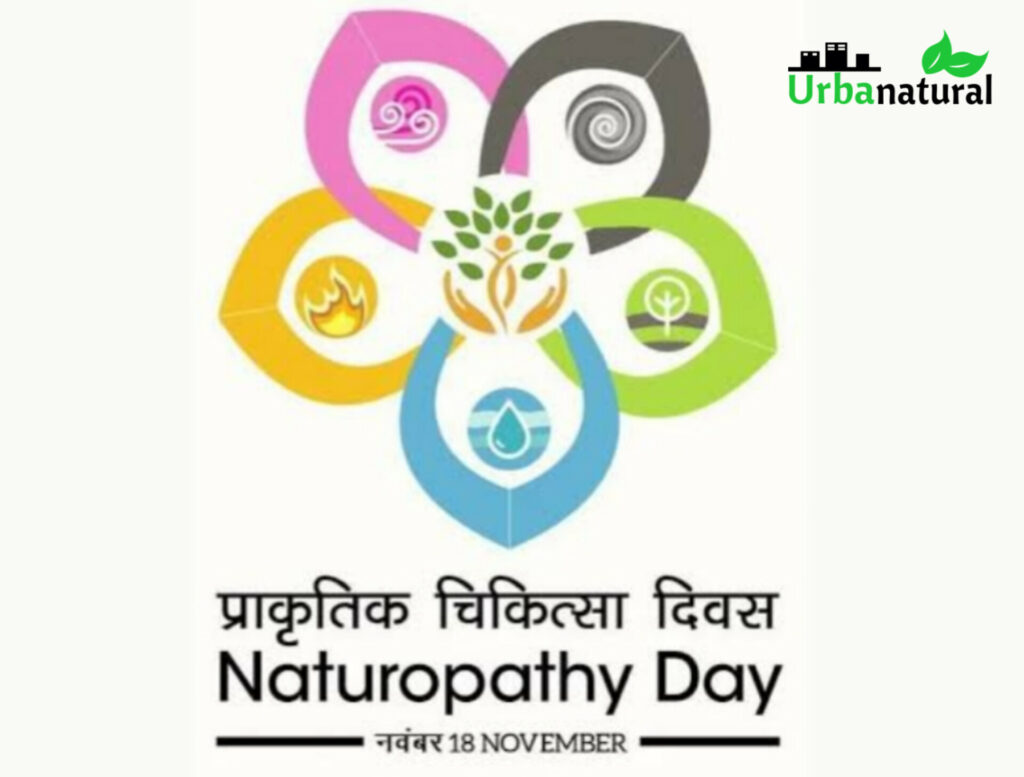Recent global studies suggesting that the prolonged use of widely prescribed anti-acidity pills to treat “gas” and heartburn might be linked to long-term kidney damage, acute renal disease and chronic kidney disease have sparked fresh debate in the medical community here.
Though a few initial reports about the association of these drugs — also called PPIs (proton pump inhibitors) — with kidney disease have been published in reputed international medical journals over the last couple of years, it is only now that there are studies suggesting that it’s more serious and linked to both acute kidney injury and chronic kidney disease, doctors told TOI.
Also, since these reports are mostly restricted to nephrology journals and limited to only specialists, many physicians may not be really aware of these adverse effects. Increasing concerns about these drugs could be the reason their safety profile was discussed at the Annual Conference of Nephrologists and at an Association of Physicians of India conference.
PPIs rank among the top-10 prescribed classes of drugs and are commonly used to treat acid reflux, indigestion, and peptic ulcers. They are prescribed across specialities, from orthopaedics and cardiology to internal medicine and surgery. A US-based nephrologist, Dr Pradeep Arora, spoke about the drug’s risks at the annual conference of the Indian Society of Nephrology in Delhi recently. He told TOI: “PPIs should be ideally prescribed in the approved indications, if possible for less than eight weeks. Beyond this, if a patient is on PPIs, kidney function and magnesium levels need monitoring.”
Most patients do not know about side-effects like CKD (chronic kidney disease) as in the early stages CKD from any cause usually shows no symptom., said Vijay Kher, chairman, nephrology, at Delhi-based Fortis Escorts. Though no advisory has been issued against the medicine, Dr Kher said drug regulatory authorities will be informed.
Disclaimer: All information, data and material has been sourced from multiple authors and is for general information and educational purposes only and are not intended to replace the advice of your treating doctor.
The views and nutritional advice expressed are not intended to be a substitute for conventional medical service. If you have a severe medical condition or health concern, see your physician.





